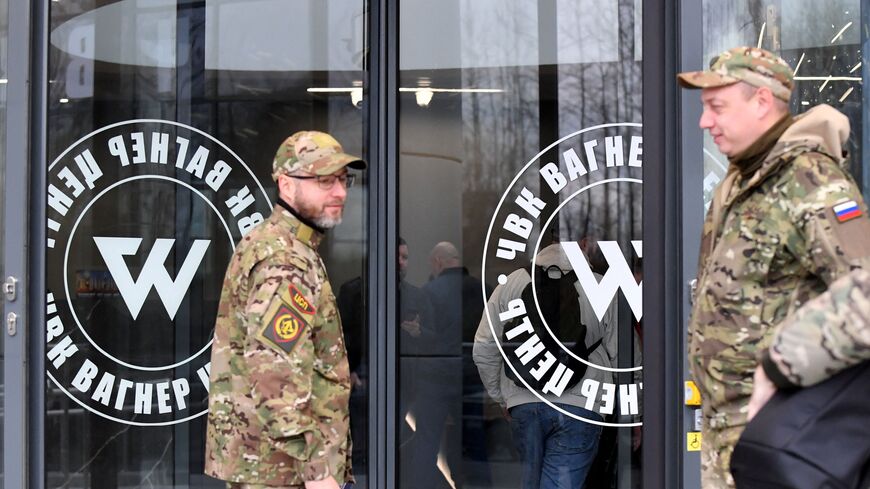|
Getting your Trinity Audio player ready...
|
San Francisco, California – Disinformation experts have revealed that a network of accounts across Facebook and Instagram has been actively promoting Russia’s Wagner mercenary group to hundreds of thousands of followers, despite Meta’s commitment to removing content that glorifies the group. This revelation comes from a recent report by the Institute for Strategic Dialogue (ISD), based in London.
The report highlights the presence of over 110 pro-Wagner accounts operating in multiple languages across Meta’s platforms. Many of these accounts are seen endorsing the group through posts that call for recruits, depict graphic violence, or express admiration for an organization classified by the Biden administration as a transnational criminal entity.
Although no concrete evidence directly links these social media accounts to the Wagner group, the ISD notes that many of them pose as the organization itself. The persistence of pro-Wagner content on Meta’s platforms raises concerns about the efficacy of the company’s policies designed to counteract “dangerous organizations.”
The Institute for Strategic Dialogue emphasizes that even if these accounts are not directly affiliated with the Wagner group, the content they generate likely violates Meta’s terms of use. Meta’s algorithms have even been observed recommending pro-Wagner pages and groups to researchers during the study, indicating potential shortcomings in the company’s content moderation.
In response to the report, Meta released a statement stating that it is reviewing the highlighted accounts and emphasizing that the Wagner group is prohibited from having a presence on its platforms. The company reassured that it regularly removes assets linked to the organization.
In May, Meta announced a ban on Wagner under its dangerous organization’s policy following reports of the group’s use of social media for recruitment purposes. Despite these measures, the ISD’s findings suggest that the Wagner-related content persists.
The Wagner mercenary group, led by Yevgeny Prigozhin, is associated with information operations exploiting social media, as acknowledged by researchers and US officials. The group’s affiliation with Prigozhin, who admitted to founding the Internet Research Agency, adds complexity to its digital presence.
Meta’s dangerous organization’s policy restricts content that promotes violence and includes groups like QAnon and certain Boogaloo extremism content. While Wagner falls under this policy as a “Tier 1” entity, Meta’s recent statement implies that the ban primarily applies to content directly traceable to the group itself.
In the first quarter of 2023, Meta reported removing 14.5 million pieces of content violating its dangerous organization’s policy, with the majority addressed proactively. The ISD’s report underscores the possibility of undetected violating content still present on the platform.
The network uncovered by ISD displayed authentic contact details for Wagner, including phone numbers and links to its official website. Some posts contained glorifying content such as video advertisements depicting staged scenes of Wagner soldiers or testimonials presenting the group as a “big family.”
Several Facebook pages actively shared pro-Wagner content in Arabic, collectively amassing over 136,000 followers. These pages exhibited support for Wagner even before Meta’s ban took effect, demonstrating a challenge in enforcing content moderation policies effectively.



